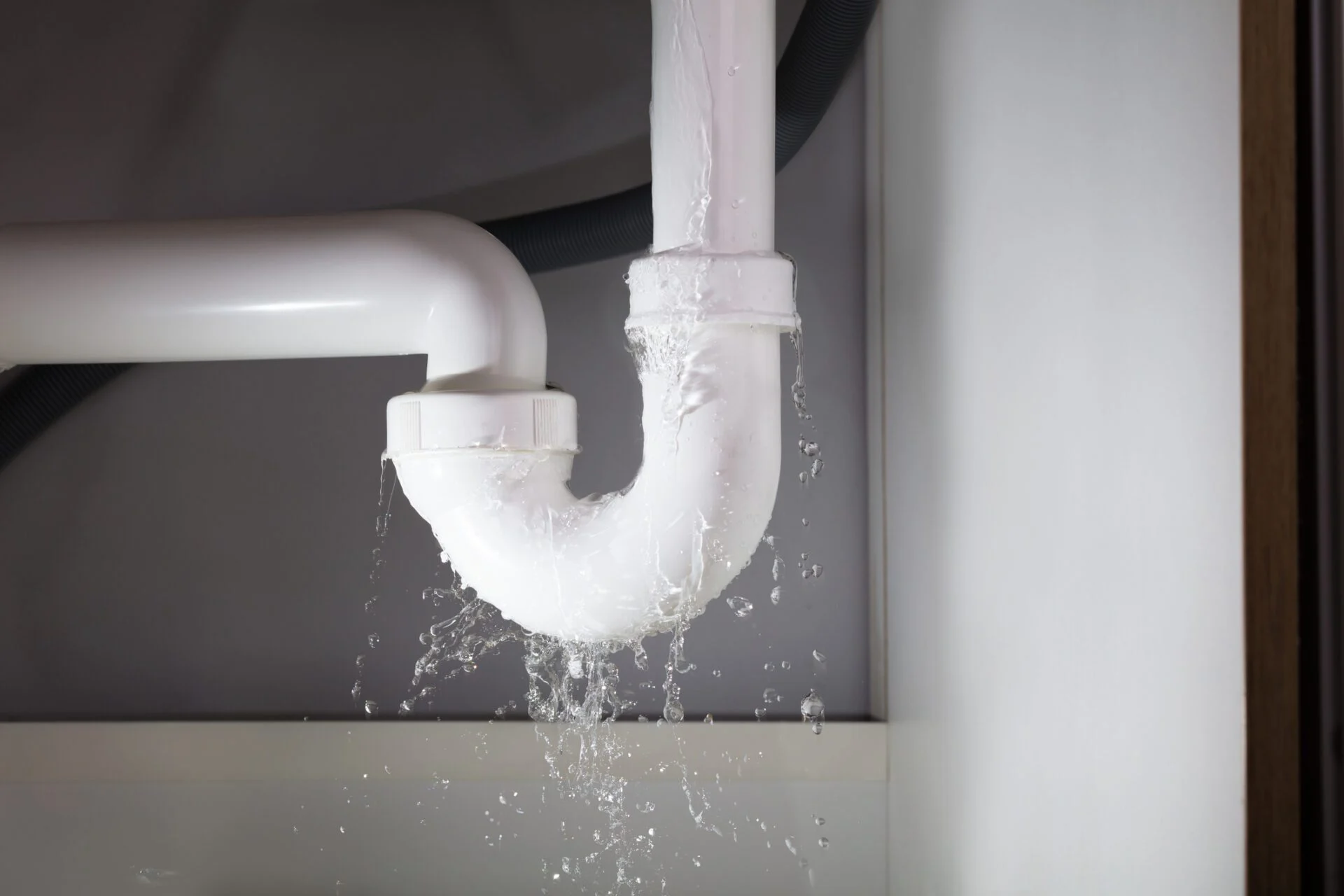How to Find a Water Leak

Water leak detection at home: quick steps
Catching a water leak early prevents damage and wasted utility costs. Start with quiet listening, meter checks, and targeted inspections in kitchens, baths, and laundry rooms across LA and Orange County.
Silent clues you can spot fast
- Meter test: With all fixtures off, watch the meter’s leak indicator for movement.
- Surfaces: Look for bubbling paint, soft drywall, cupped flooring, or mineral stains.
- Odors: Musty smells in closets or under sinks often signal hidden moisture.
Appliances and fixtures that often leak
- Toilets with worn flappers or fill valves that run intermittently.
- Ice‑maker and dishwasher supply lines that have aged or kinked.
- Shower valves and tub spouts with failing cartridges or caulk joints.
Tracing a water leak without cutting walls
Check shutoffs and supply hoses first, then use towels to isolate damp areas. A simple pressure gauge and food‑coloring tablets can help pinpoint toilet or line issues before opening drywall.
When professional leak detection makes sense
For slab leaks, main line issues, or recurring damp spots in areas like Lakewood or Westminster, pros use acoustic tools and cameras to locate problems with minimal disturbance.
Takeaway: Confirm the pattern, rule out easy fixes, and escalate to professional detection when signs persist. Have questions? Talk to Plumbing Squad in LA & OC.
Key Takeaways
- Understand the essentials of find a water leak so you can act quickly and avoid damage.
- Use safe, proven methods first; avoid shortcuts that create bigger problems.
- Prevent issues with routine maintenance and timely upgrades.
- Know when to call a professional to save time, money, and stress.
Early Warning Signs
- Water stains, bubbling paint, or musty odors.
- Unexpectedly high water bills or meter movement when fixtures are off.
- Reduced pressure in one area or across the home.
Emergency Steps
- Shut off the main water valve.
- Turn off power to affected areas if water is near outlets or appliances.
- Open faucets to drain remaining water and relieve pressure.
- Document damage for insurance and call a licensed plumber.
Repair & Prevention
Depending on pipe material and access, solutions include spot repairs, rerouting, or whole‑home repiping. Insulate exposed lines, maintain stable indoor temps, and install leak detection with automatic shutoff.
FAQs
How can I prevent find a water leak?
Start with routine maintenance: inspections, cleaning, and replacing worn parts before they fail. Address small issues early, use quality fixtures, and follow manufacturer guidelines. A yearly whole‑home check by a pro helps catch problems before they turn into find a water leak.
Can DIY fixes make find a water leak worse?
Yes. Using the wrong chemical, tool, or technique can damage pipes, fixtures, or finishes, and often pushes the problem deeper. Stick to safe methods and call a pro when you hit resistance, smell sewage, or see leaks.
When should I call a professional plumber for find a water leak?
Call right away if there’s active leaking, sewage odors, recurring clogs, no hot water, water stains, or you’ve tried basic steps without success. Emergencies include burst pipes, backflows, and any leak near electrical.
How much does it typically cost to address find a water leak?
Costs vary by scope, materials, access, and location. Expect a basic service call to start around a few hundred dollars, while larger repairs or replacements range higher. After an on‑site assessment, your plumber can provide a firm, written estimate.
Need a Reliable Plumber?
Plumbing Squad handles inspections, repairs, and emergency service with transparent pricing and clean workmanship. Call today or book service to get expert help fast.

